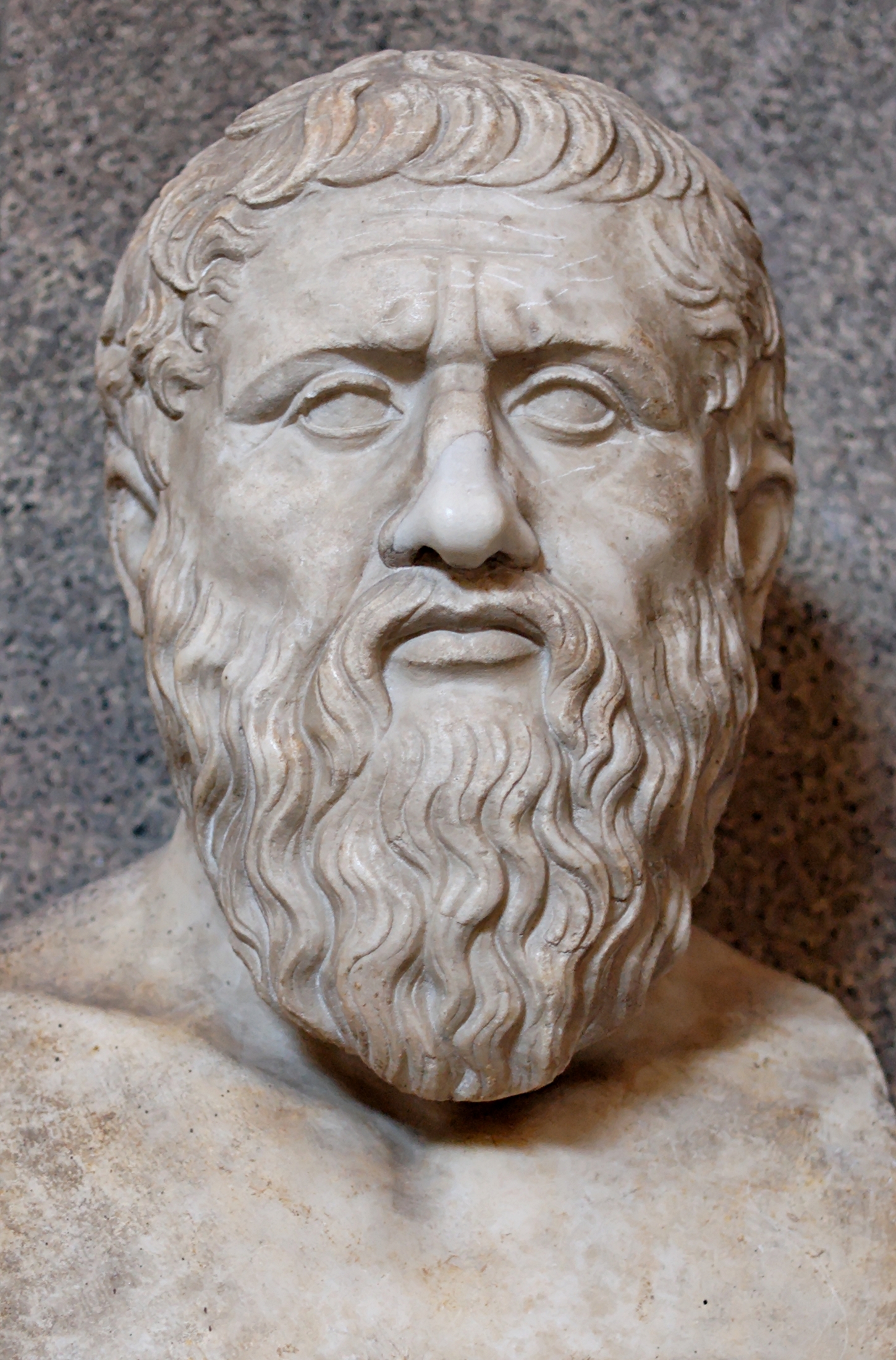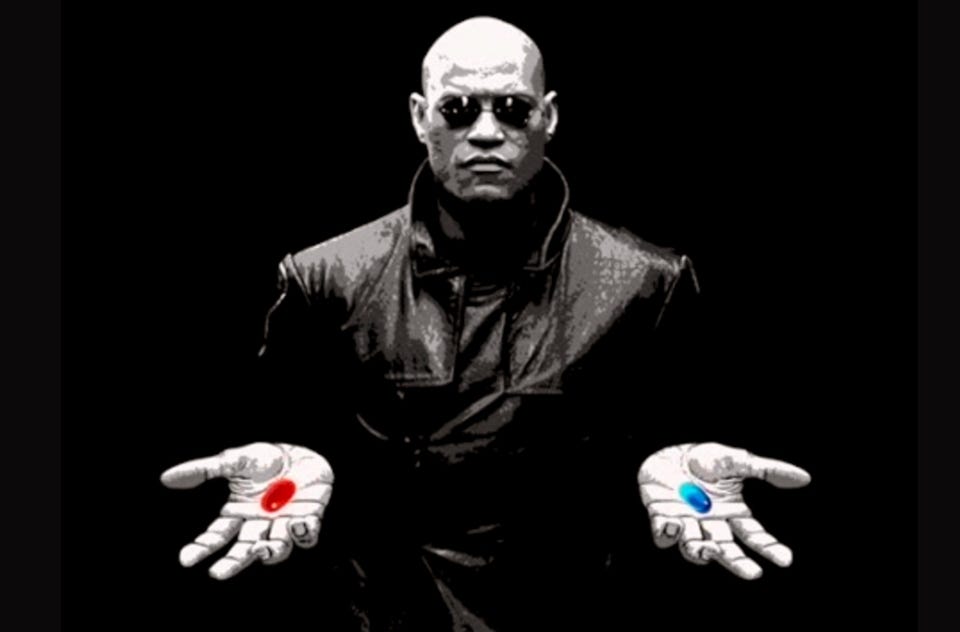Ancient Philosophical thought in Ethical Hunting
Philosophic principles of ancient peoples that manifest in thought experiments and models can be applied to our current world and the concepts of ethical hunting and the food industry by extension. This philosophic thought is a part of ancient Greek history with the text Republic being written in 380 BC.
Plato was a famous Greek philosopher who was among the first to analyze many of the topics that nowadays we mention when discussing the issues of the environment and ethical hunting. These topics include justice, virtues, and ethics.

Statue of Ancient Athenian Philosopher Aristocles Plato. Source: By user ‘Jastrow’ [Public Domain], via Wikimedia Commons.
This idea of a Noble Lie can be seen in society today in the United States Food Industry about everything we consume being killed and processed in sanitary and humane conditions without any better option for the environment. Individuals who listen to these claims by companies like Tyson and JBS are just modern day “victims of magic,” with an emphasis on the victim part. They are victims of a lie and need to at the very least understand they are being lied to, hopefully choosing to then take action.

Matrix Character Morpheus portrayed by Lawrence Fishburne offering the choice of the red pill or the blue pill. Source: By user ‘Andrew Sweeny’ [Public Domain], via A Medium Corporation [US].
Not only do ethical hunters not chose to believe the “Noble Lies” told by the food industry that keep most as ignorant customers but they actively act in defiance of the soothsaying mega-corporations by avoiding their products and educating others on the lies being told, taking their own individual responsibility.
Works Cited:
Plato, Aristocles. Republic. Edited by C.D.C. Reeve. Translated by G.M.A. Grube, Hackett Publishing Company, INC., 1992.
Wachowski, Lana and Lily Wachowski, directors. The Matrix. The Matrix Trilogy, Warner Bros., 31 Mar. 1999.